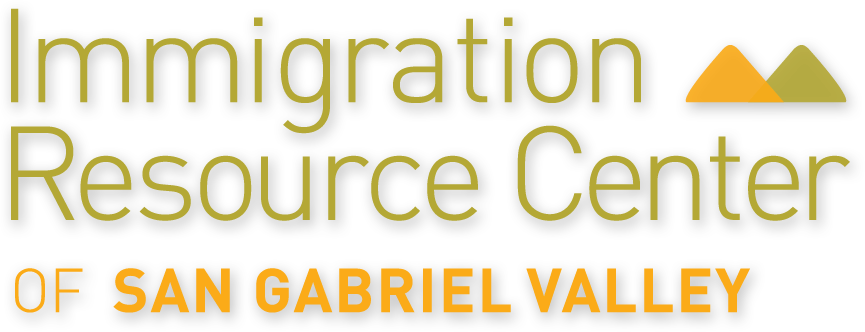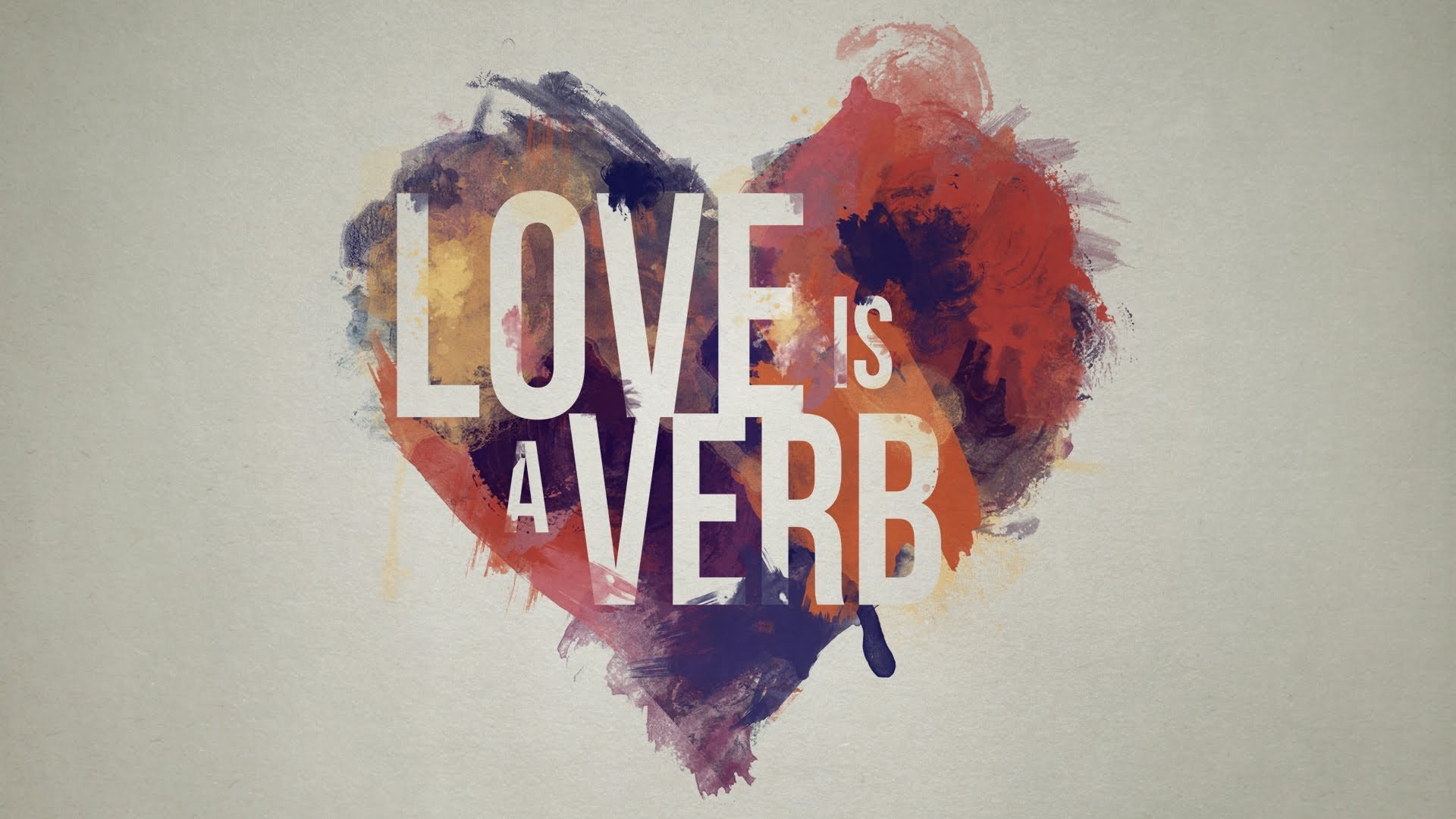The "U-Visa" is a saving grace for IRC clients in abusive situations
Yvonne came to the IRC to apply for a U visa, which allows undocumented victims of certain crimes to apply for legal status; her U was based on the crime of domestic violence. Yvonne met Hugo in El Salvador at age 14, where they both grew up, and was pregnant with his child by 15. He helped her come to the United States when she was 20. Once she arrived, he prevented her from working; he refused to let her use contraceptives and they had 2 more children against her wishes. When angry, he called her terrible names, punched walls, and while driving with Yvonne and the children in the car, swerved suddenly, threatening to crash and kill them all. Yvonne wanted to leave, especially because she could see the toll it was taking on the children, but didn't have anywhere to go. She was with Hugo for 13 years; she would leave, and then come back, because she did not have other resources.
Translating Yvonne's story, I thought about how our system requires people to bear the worst moments of their lives, not just before an office like ours, but before an opaque, powerful immigration system - before an immigration officer they've never met, who will decide what happens next. Applying for a U Visa requires sending all your personal information to USCIS and declaring yourself as undocumented: a frightening position to be in.
In late 2020, after connecting with a social worker, Yvonne moved into a domestic violence shelter with her three children. It was the first time in 13 years that Hugo didn't know where she was. She got a restraining order. During a year in the shelter, Yvonne and her children have attended therapy and support groups. They have been accepted to a transitional program, and Yvonne's goal is to get her GED and a stable job to provide a good future for her children. We submitted her U Visa application in 2021; eight months later, we received her receipts, which allow her access to state and federal aid she was previously excluded from. She won't be work authorized until she is officially approved, which we expect to happen in a few years, but the case is in process and now all she has to do is wait.
Working in dense forms and long evidence lists preparing the application, you'd think it would be easy to lose sight of the importance of what I'm working on, but it never has been. Yvonne is taking charge of her life and her children's lives, and I'm honored to have been a small part of that. --Julia Morse, IRC volunteer

